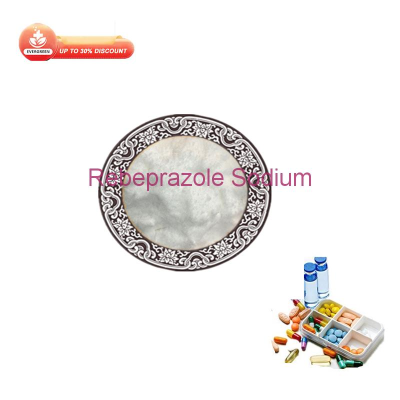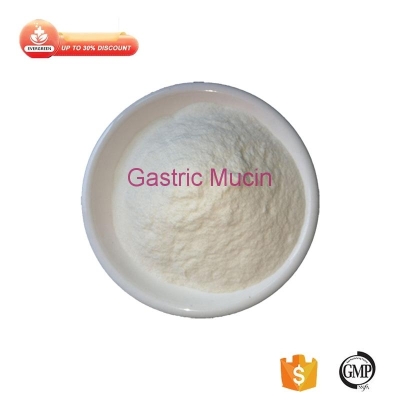-
Categories
-
Pharmaceutical Intermediates
-
Active Pharmaceutical Ingredients
-
Food Additives
- Industrial Coatings
- Agrochemicals
- Dyes and Pigments
- Surfactant
- Flavors and Fragrances
- Chemical Reagents
- Catalyst and Auxiliary
- Natural Products
- Inorganic Chemistry
-
Organic Chemistry
-
Biochemical Engineering
- Analytical Chemistry
- Cosmetic Ingredient
-
Pharmaceutical Intermediates
Promotion
ECHEMI Mall
Wholesale
Weekly Price
Exhibition
News
-
Trade Service
When obesity and insulin resistance, intestinal metabolism and microbial systems are impaired.
in addition, the disordered gut microbiome promotes systemic low inflammation and insulin resistance by releasing endotoxins, especially liposomes.
we've shown before that exercise training can improve intestinal metabolism in healthy men.
To understand whether changes in intestinal metabolism interact with the release of the gut microbiome and its inflammatory markers, we studied the effects of sprint interval (SIT) and medium-intensity continuous training (MICT) on the intestinal metabolism and microbiome of insulin-resistant subjects.
study included 26 sedentary subjects (prediabetes, n s 9; type 2 diabetes, n s 17; age, 49 sD, 4 years; body mass index, 30.5 ,SD, 3) and randomly divided them into SIT or MICT.
measures glucose intake (GU) and fatty acid in circulation (FAU) in intestinal insulin stimulation using positron emission tomography scans.
analyze the composition of the gut microbiome with multiple detection and enzymatic immunoassays through 16S rRNA gene sequencing and serum inflammatory markers.
results show that the V-O2peak has improved only after SIT (P.01).
both training modes can reduce the level of systemic and intestinal inflammatory markers (tumor necrosis factor-alpha, lipopolysaccharide-binding proteins) (time P 0.05).
training can change the microbiome spectrum by increasing the category of bacillus (time P - 0.03) and reducing the margin of mycobacteria/Pycoccal (time P s 0.04).
, both the genus clostridium difficile (time P - 0.04) and cyanobacteria (time P - 0.051) decreased.
only MICT lowers the empty intestine FAU (P - 0.02).
training had no significant effect on the intestinal GU.
colon GU is positively correlated with the genus oscoccal, and inversely proportional to the genus, gate fan bacteria/psilocybin and cyanobacteria.
, the results show that the absorption of intestinal substrates is related to the composition of the intestinal microbiome and the sensitivity of insulin throughout the body.
exercise training can improve the composition of the gut microbiome and reduce endotoxin emis.
.







